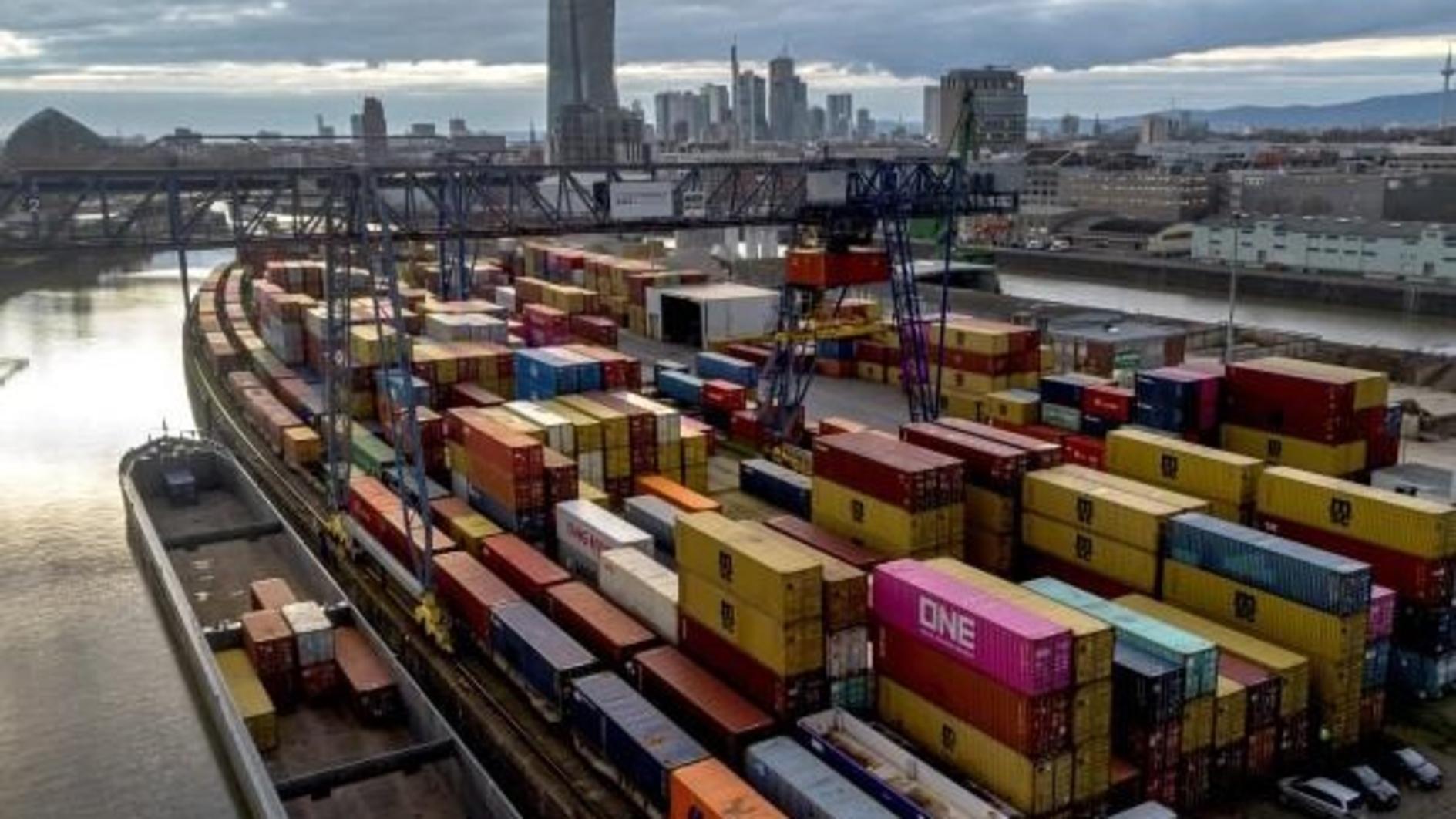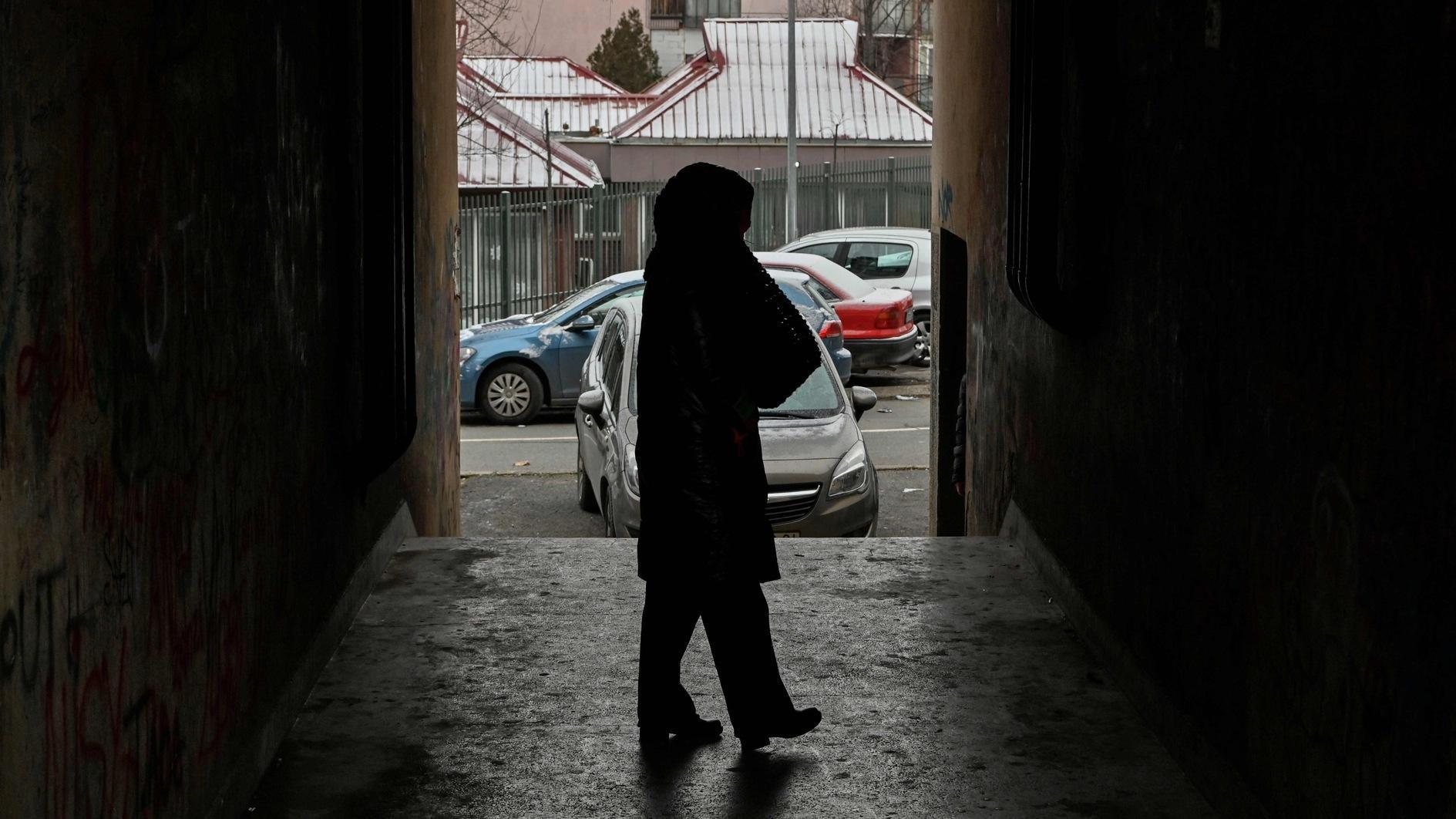Coalition on the horizon for Germany, is that too bad?
MEHMET TEZKAN
Why did I ask this question? According to what we have been told for the past 10 years, coalition governments are bad. Coalition governments ruin the country, they bring instability.Moreover, lately some even consider that a one-party government is insufficient. They want a Turkish style presidential system where the president rules the country by himself, and even makes the law - that’s what our guys are telling us.
If that’s true, if coalitions mean disaster, then poor Germany!
Angela Merkel, the Chancellor of Germany, won the elections by 41.5 percent. If she had won five more seats, then she could have formed government alone, but that didn’t happen. Now, she is obliged to form a coalition government.
Are the Germans seeing this political picture and panicking? Not at all. Germany has been ruled by coalitions since 2009 anyway. It was also run by coalitions before 2009, and even prior to that.
They say that Merkel emerged as the strongest leader of Europe from these elections. She became the boss of Europe!
The big crisis struck Spain, shook Italy, made Greece throw in the towel and affected France; only one country and one economy survived and that was Germany.
How did that happen? It happened because of the coalition government. It was the coalition of Christian Democrats and Free Democrats.
Germany has strengthened so much, Merkel’s policies were so effective that now they say there are two capitals in Europe: One is Berlin and the other is Frankfurt, where the European Central Bank is located.
So, this means that coalition governments are nothing to fear; that they do not bring instability.
When their coalition partner, the liberals, could not achieve enough votes to surpass the five percent threshold, Merkel was left with three options: She could coalesce with the social democrats, the greens or the left party. The Left (German: Die Linke) seems impossible.
What if the social democrats are not very keen? (They might as well be hesitant because the coalition they formed with Merkel between 2005 and 2009 took its toll on them). What if the Alliance ‘90/The Greens also shows reluctance?
There is no panic in the country. Nobody fears that Germany will be left without a government, because there is a coalition culture. Two major parties can come together, or one leading party can coalesce with a smaller party.
Nobody seems to come out and suggest that the election threshold be raised to make it possible for a one party-government. Or suggest that a presidential system be introduced. Since Merkel is a good leader she should continue leading alone - why not?
Merkel’s victory has made a portion of the Germans, at least 40 percent of those who voted, happy, but it has not been good for us.
Here is the reason: It looks as if our venture for the European Union will be suspended for another four years. Or it will move millimeter by millimeter, or we can say that the next four years will be exactly like the past four years.
Her relationship with the ruling Justice and Development Party (AKP) government was not very good. Our government seemed to have been under the impression that Merkel would also go fishing like former French President Nicolas Sarkozy. Turkish Minister for European Union Affairs, Egemen Bağış, came out and said that openly (“Well, she did not go”), leaving us with the tough business to handle, right?
Mehmet Tezkan is a columnist for daily Milliyet in which this piece was published on Sept. 25. It was translated into English by the Daily News staff.











